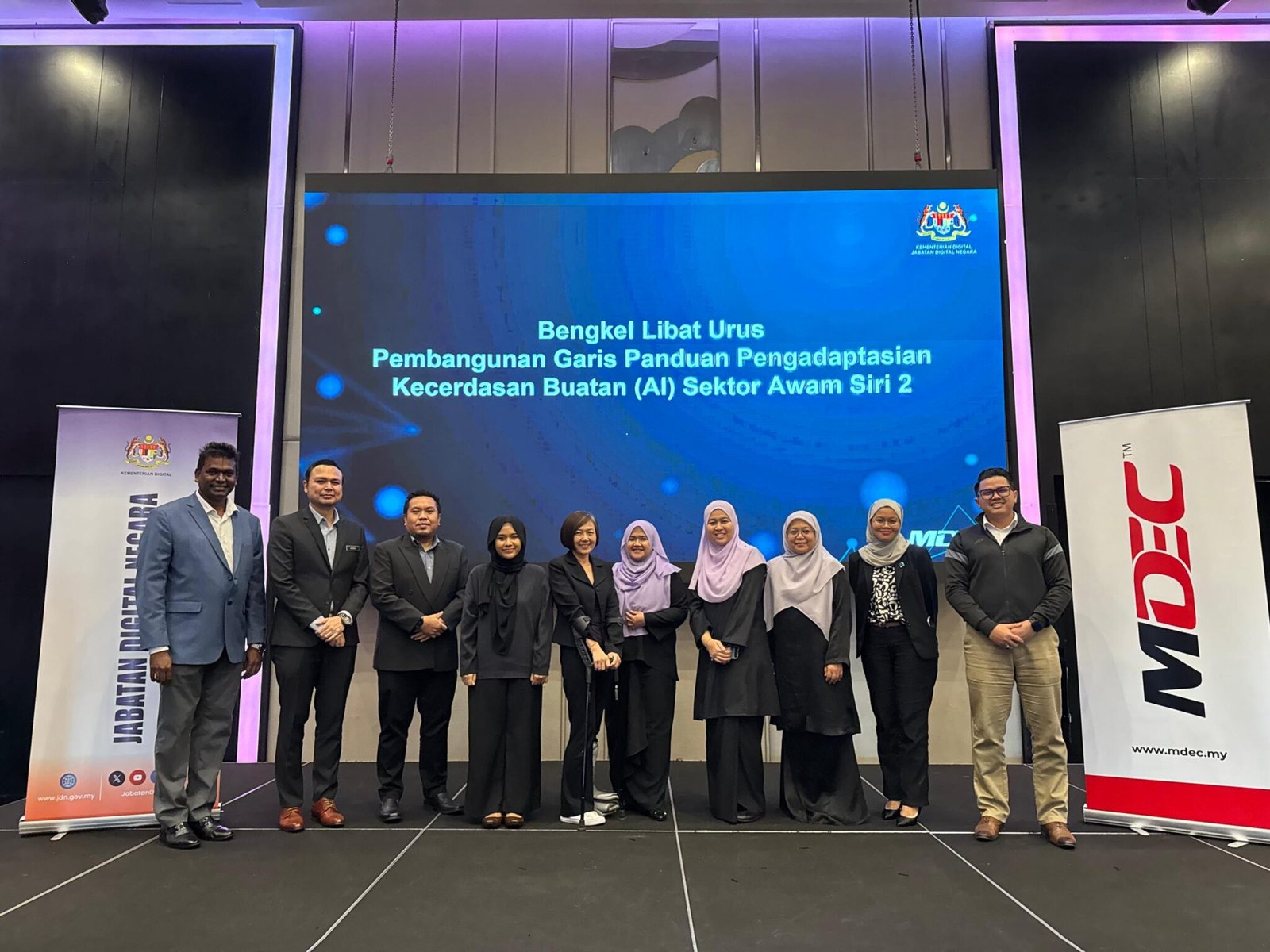The Malaysian government, through the Jabatan Digital Negara (JDN) and the Malaysia Digital Economy Corporation (MDEC), recognized the transformative potential of AI for public services. However, they understood that realizing this potential required careful planning and robust ethical guidelines. The core challenge was to ensure AI was adopted safely and “correctly” by public sector agencies and civil servants, mitigating risks and maximizing benefits. This was complicated by existing silos between government agencies, making a unified approach difficult. The absence of clear, practical guidelines and readily available assessment tools further hindered progress. Verdas AI, with Ahmad Firdaus at the helm, was honored to contribute to this crucial endeavor. Our approach centered on collaboration and the development of practical, globally-informed guidelines tailored to the Malaysian context. We began by participating in discussions and reviews of the draft Public Sector AI Adaptation Guideline, hosted by JDN and MDEC on November 15, 2024. Drawing upon global best practices, including the OECD’s G7 Toolkit for AI in the Public Sector, we provided insights on crafting ethical AI governance frameworks that balanced innovation with accountability. A key aspect of our contribution was highlighting the need for practical tools to guide government agencies in responsible AI adoption. We presented accessible AI assessment tools like Verdas AI’s Ethics Risk Assessment (ERA) and IEEE’s CertifAIEd Readiness Assessment, alongside frameworks like NIST’s AI Risk Management Framework (RMF) and AI Singapore’s AIRI. Recognizing the importance of centralized oversight, we advocated for a central authority, such as the Malaysia National AI Office, to oversee responsible AI practices, share use cases, and provide training and support. Further contributing at a consultation workshop on November 18, 2024, at Le Méridien Kuala Lumpur, we engaged with public agencies and industry leaders to refine the guideline and foster agency collaboration. The collaboration between JDN, MDEC, and Verdas AI has laid the groundwork for a more responsible and ethical AI ecosystem in Malaysia’s public sector. By contributing to the development of practical guidelines, promoting the use of assessment tools, and advocating for centralized oversight, we’ve helped address the challenges of safe and effective AI adoption. The envisioned outcome is a public sector that leverages AI’s power for innovation while upholding the highest ethical standards, ensuring transparency, accountability, and public trust. The success of these guidelines will be reflected in their widespread adoption and the demonstrable positive impact of AI on public services across Malaysia. |
Insights



